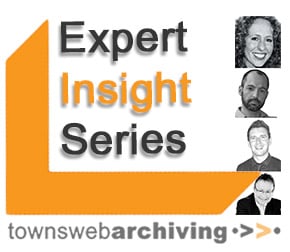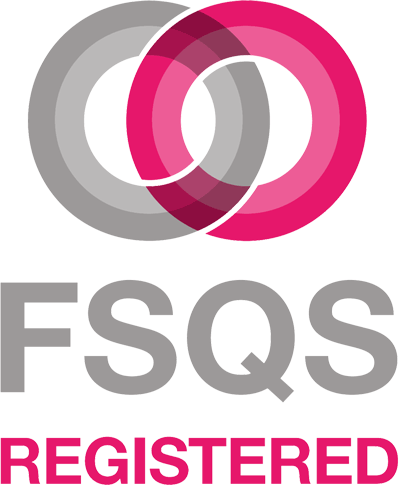In the first blog post in our Expert Insight Series from the TownsWeb Archiving consultancy team below, copyright and intellectual property expert Naomi Korn (pictured) examines whether Creative Commons licensing presents a threat or opportunity for digital asset collections...
 |
 |
Creative Commons licensing - threat or useful tool? by Naomi Korn
A while ago, I attended the joint JISC/Creative Commons (CC) event at the Wellcome Trust – #PowerofOpen.
The event focused on how the ‘explosion’ of openness, individual’s increasing use of creative commons (CC) licences, Government commitment to open principles and the open release of data, databases etc; has created a ‘global intellectual commons’. Moreover, beyond the use of CC licences to enhance culture and education, the use of these tools has created a platform for open innovation. This was articulated by the personal experiences of Jonathan Worth, a professional photographer.
Jonathan spoke about how previously, when he asserted an ‘All Rights Reserved’ restriction on the use of his images online, the majority of his time was spent monitoring and enforcing this restriction. This was followed by, in many cases, his over-compensating with generosity when he found that infringing users of his images were using them for innocent purposes (such as use on personal blogs by 12 year old girls).
Jonathan spoke about an experiment he conducted with Cory Doctorow, the science fiction writer to release a high resolution image taken of him by Jonathan under the most open CC licence (CC BY), together with signed prints made available at different pricing models and levels of exclusivity. Although this sort of action is, on the surface, counter-intuitive in business – i.e. we want to control our crown jewels; particularly in the case of photographs, which are so reproducible – the result was that the most expensive prints sold out first!
In this way, Jonathan used CC BY to virally promote his photographs to a global audience, allowing them to be reused and adapted freely. Therefore, building a market for those who wanted to, and were willing to, spend on more valuable ‘keepsakes’. Jonathan realised that commercial value in the photographs diminishes every time that the images are reproduced. Simultaneously though, the cultural value increases and therefore a market can be created in value-added commodities, such as signed prints. As a matter of course, Jonathan now makes his photos available under a CC BY NC SA licence.
I wanted to share this story as digitisation projects often need to balance issues associated with sustainability of the resources that they are creating, together with their contractual commitment to make their resources open in accordance with funders’ terms and conditions etc. In this respect copyright, rights management, and licensing will be at the heart of their digitisation activities, their work flows and also their strategic approach.
Jonathan is not alone in using the web to make his business work for him, as opposed to seeing openness as a threat. Of course there are costs associated with making works open, but I believe costs and value are not mutually inclusive. Understanding where the value lies in the resources, in the services, in the skills, and the brand that the resources can promote, is clever business modelling. This can be added to the portfolio of business models that your institution embraces.
I think that it also demonstrates the need to take a holistic view of audiences, services and access to resources across any organisation to ensure that the opportunities of the web can be optimized, and that organisations neither haemorrhage the value in their assets, breach funders’ terms and conditions of funding, nor overly restrict access…
Find this post interesting?
To share your comments on Naomi's article above, or any of the posts in the Expert Insight Series, just use the hashtag #twaexpertinsight on Facebook or Twitter, or email enquiries@townswebarchiving.com.
Just click to find out more about Naomi's copyright and intellectual property consultancy service or contact TownsWeb.
 Next week... Mark Lynch
Next week... Mark Lynch
Don't forget to check back here next Wednesday (27th Nov) to read the second post in our Expert Insight Series. Digital asset management and promotion specialist, Mark Lynch, will be sharing his thoughts on the online legacy of information and metadata in the digital age.


 USE OUR ONLINE
USE OUR ONLINE








